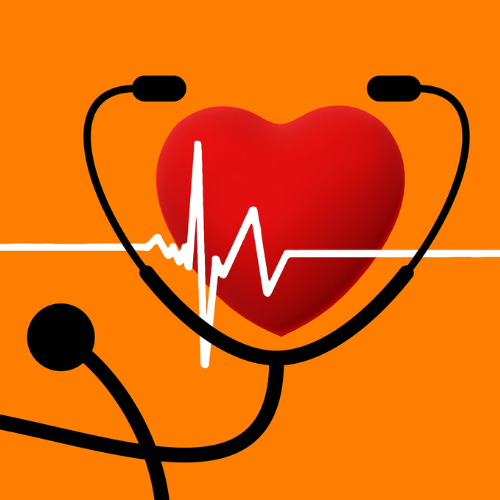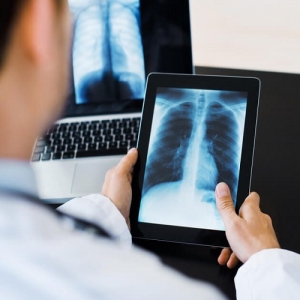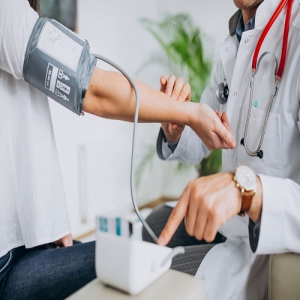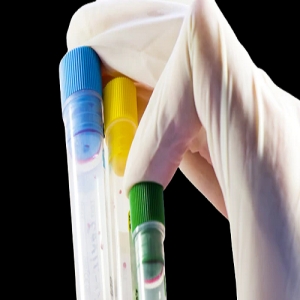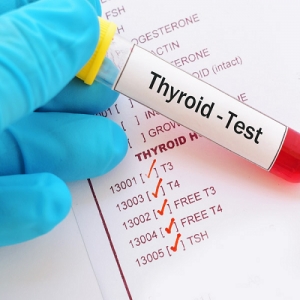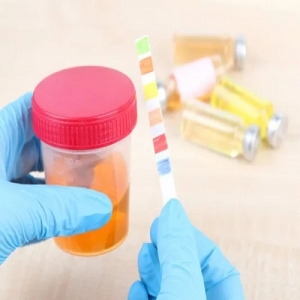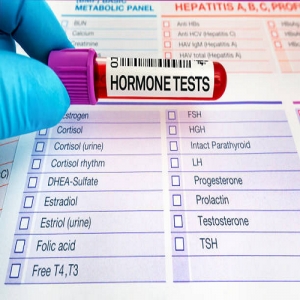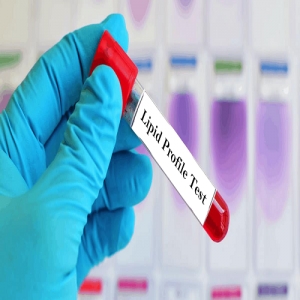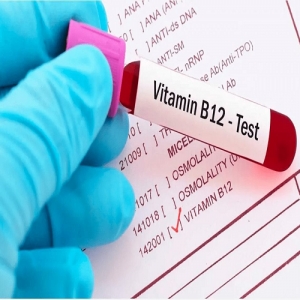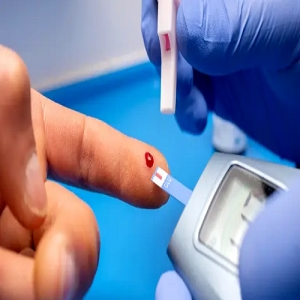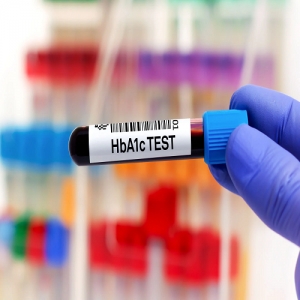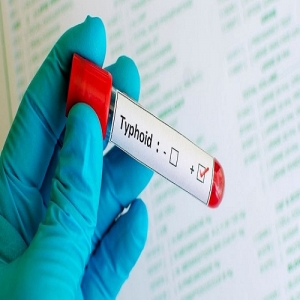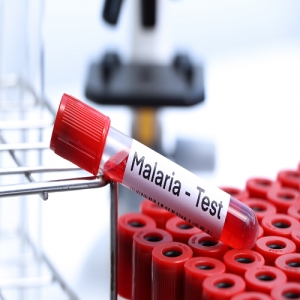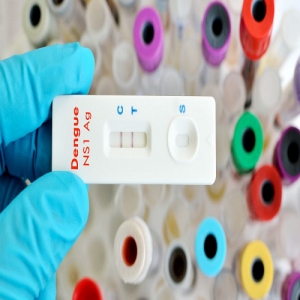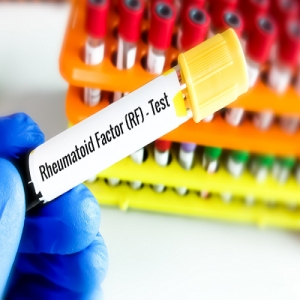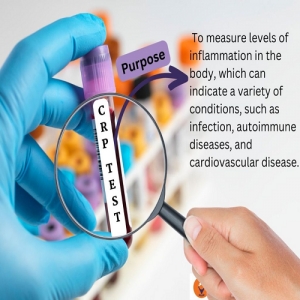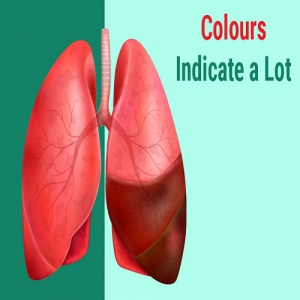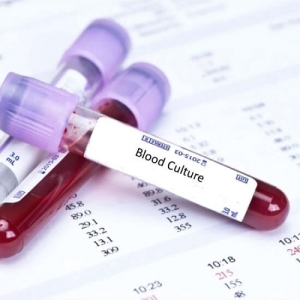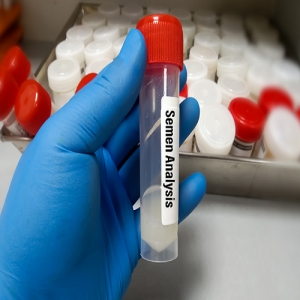Special Blood Test
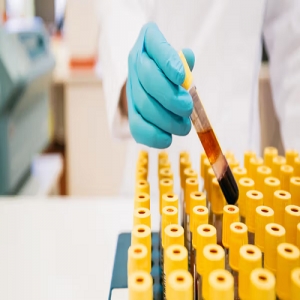
Special Blood Test
Special Blood Test
A blood test is when a small sample of your blood is taken for testing in a laboratory.
Your doctor, a nurse or sometimes a phlebotomist (who is trained to take blood samples) will do the test. You may have your blood test at the hospital or at your local GP clinic.
How is the blood taken?
Your blood will be taken through a needle which is inserted through your skin into a vein. The most common places to take blood are from a vein inside your elbow or a vein on the back of your hand as your veins are closer to the surface there.
A tight band (tourniquet) is placed around your arm just above the area where the blood is to be taken. This causes the vein to come nearer to the surface of your skin, making it easier for your blood sample to be taken. The area will be cleaned with an antiseptic wipe or swab before the test is taken.
Different types of blood tests
Troponin
If you have chest pain, a blood test will often be taken to check your level of troponin, a protein which the heart releases into your bloodstream when the heart muscle is being damaged. It can help to diagnose a heart attack, but a low level doesn’t prove you haven’t had a heart attack.
Blood glucose (Hb A1c)
This checks your blood glucose level. It helps give an accurate diagnosis of diabetes and guide your doctor to the best treatment for you. If the levels are slightly higher than normal but don’t meet the criteria for diabetes, your doctor might say you have pre-diabetes or ‘borderline’ diabetes.
Cholesterol (lipid profile)
You may have this test at your GP surgery, or in hospital after a heart attack. It measures your total cholesterol level as well as a breakdown of your ‘good’ and ‘bad’ cholesterol and triglyceride levels. If your results are abnormal, statins can be prescribed to reduce your risk of having a heart attack or stroke.
Liver blood tests
These used to be called liver function tests (LFTs) and are done to make sure your liver is working properly. The test looks at several different enzymes and proteins, which are known to be higher or lower if the liver is damaged. An abnormal test result doesn’t necessarily mean that your liver isn’t working properly.
Full blood count (FBC)
This looks at specialised cells in the blood and can identify if you have anaemia, and can rule out or confirm an infection or some viral conditions, such as myocarditis.
Group and save (or Group and screen) test
This is done if you might need a blood transfusion later, for example if you are having surgery or have severe anaemia. It finds out your blood group and checks for antibodies that can affect a transfusion. It is done in the hospital at your pre-assessment clinic, or if you are admitted as an emergency, after an accident for example. It needs be done less than 72 hours before the potential transfusion, so will be repeated if necessary.
Urea and electrolytes (U&E)
This checks for chemicals, called electrolytes, in the blood, such as sodium (salt), potassium and magnesium. If the levels are too high or too low, this can cause abnormal heart rhythms, so it is important to adjust them if the levels aren’t right.
Blood gas test
Blood is sometimes taken from an artery in the wrist to check for levels of oxygen and carbon dioxide, and its chemical balance. This would only be done in places like A&E and intensive care units. The test is used if you have trouble breathing or have lung problems.
Send Enquiry